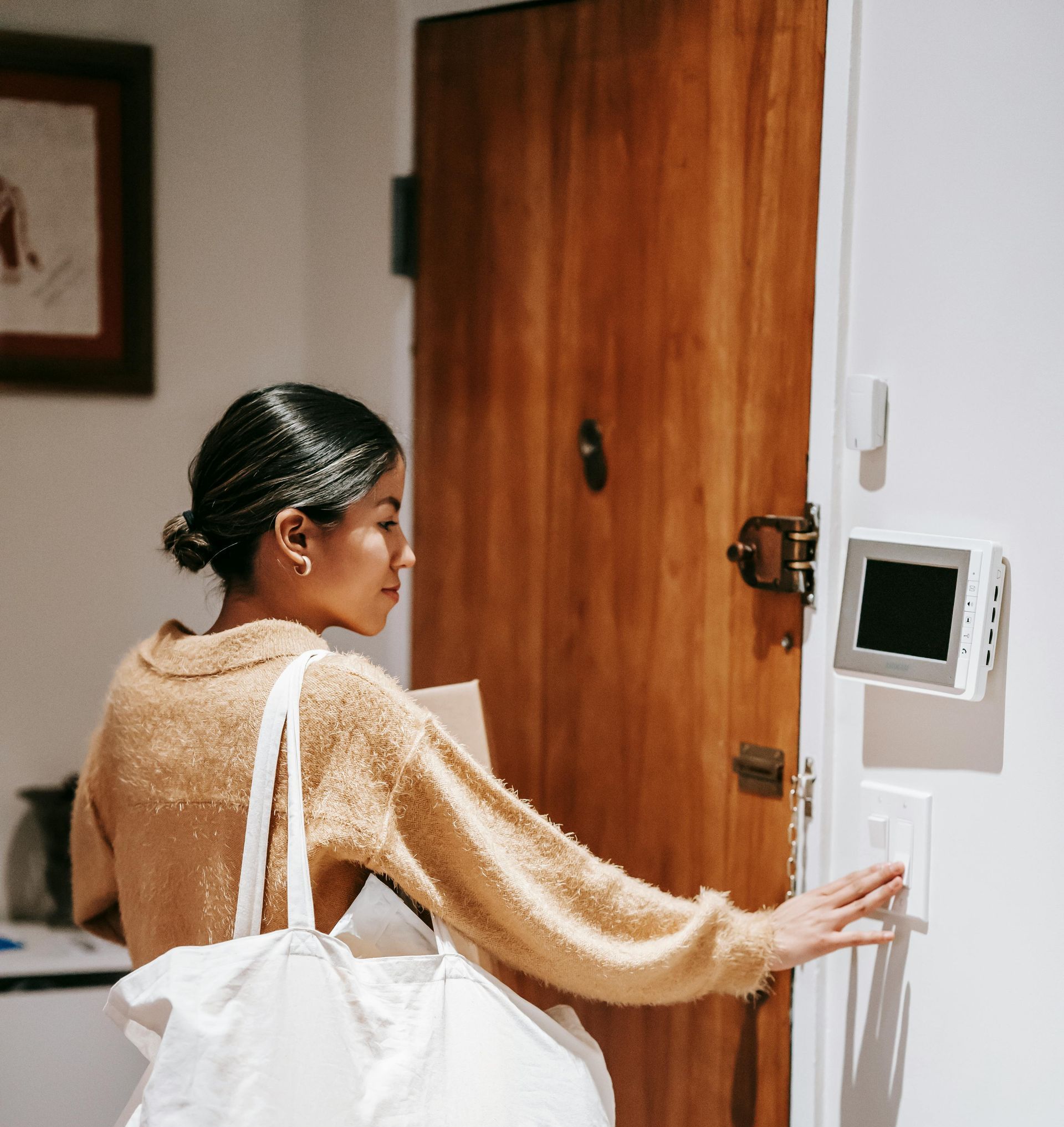5 Things Every New Business Owner Needs for Success
Staring a new business can be both exciting and frightening. You have sky-high goals but maybe you're overwhelmed with business-related tasks.
These tasks are often mundane, but you need to do certain things to make your business run smoothly. You don't know where to start and are unsure that you are doing the most important things. Here are five things that you need to do to set yourself up for success:
- Invest in an accounting software. Getting paid and keeping the books both present challenges to business owners. A robust software can help you take care of this faster and with better accuracy. There are plenty of options, like Freshbooks and Quicken. Investigate a few that you think would be a good fit, and then choose one.
- Open bank accounts for the business. Getting a bank account (or accounts) for your business is important essential. Run all your business expenses and income through these accounts to keep your finances as organized as possible. Avoid mixing your personal and business finances.
- Create a business plan. There are many kinds of business plans and you could spend all day pondering which type is best. At its core, a business plan lays the foundation for how your will organize, run and grow your business. Some important things to consider while creating it include:
- your target customer
- scope of services you will provide
- who will help you and how you'll expand your business
- how much and how you will pay yourself
- Invest in yourself. Over time you'll find that you invest in bigger and better tools and materials. But, you also must invest in yourself. A good rule of thumb is to spend three to five percent of your income on personal development. Buy books to read, go through online courses, attend conferences and live events. Through all these things you'll gain new knowledge, learn how to apply it and build a better business.
- Buy business insurance. It might seem like an unnecessary expense. However, business insurance is one thing you should buy. This will protect your investment in the business if something goes wrong. It will give you peace of mind knowing that if the unexpected happens, you will not be financially ruined.
Being a business owner is a huge commitment, but one of the best you can make. Follow these five tips to set yourself up for long lasting success.
We've got you covered. Call Skogman Insurance at 319-366-6288 for a fast, free business insurance quote.
Recent posts










